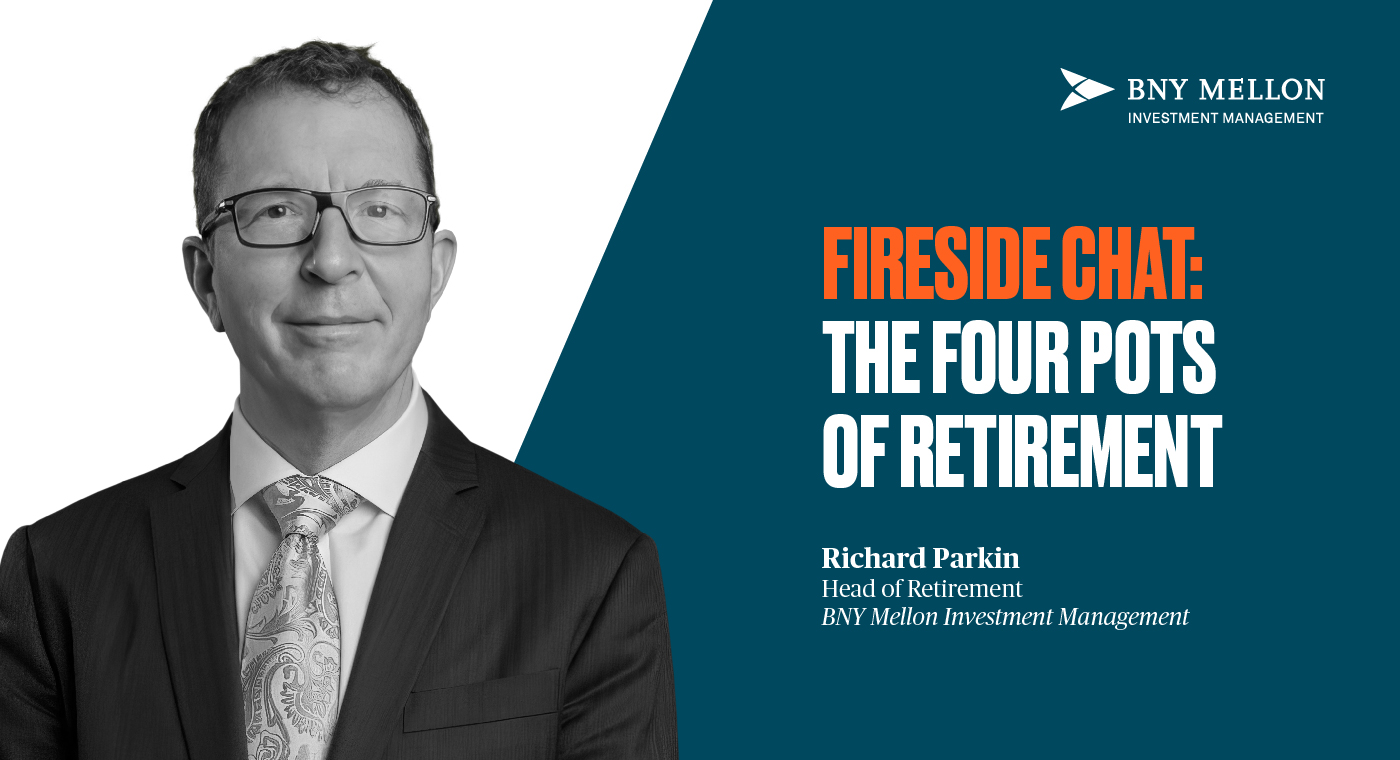In the UK, inflation was sky-high at the beginning of 2023.1 It was in double-digit territory for seven months – between September 2022 and March 2023 (peaking at 11.1% in October 2022).2 As we enter a New Year, are the UK’s inflation woes finally coming to an end?
Yes and no, according to Dhar.
He reckons inflation will come back down to the Bank of England (BoE)’s 2% target in 2024. However, he believes more interest rate hikes are still a possibility this year.
“The European Central Bank, the US Federal Reserve System and the BoE all paused their interest rate hikes in late 2023. But the UK paused when its inflation rate was still significantly higher than in Europe,” says Dhar.
The UK interest rate was held at 5.25% in September 2023, when inflation sat at 6.7%.3 At the same time, Europe’s inflation rate was 4.3%.4
“So, while inflation probably will continue to come down, interest rates will likely stay higher for a little bit longer.”
FARING WELL DURING INFLATION
Dhar encourages those feeling glum about inflation to keep faith.
“Back in the 1980s inflation got to the point where it felt like a problem that couldn’t be solved. That’s not really the feeling now.”
For one thing, Dhar notes those above the age of 60 are likely to be familiar with inflation. And with age comes wisdom.
“For younger generations, this inflationary environment has come as a surprise. Older generations have lived through inflation previously,” he explains. “They can understand the economic backdrop better. That informational advantage will serve them well.”
Alongside being calmer and less alarmed over the presence of inflation, Dhar notes most people over 65 years of age tend to be savers, which he believes is a potential advantage.
“Most people over 65 will typically be relying on fixed income (the debt of governments and corporates also known as bonds) investments. That’s good news. With high inflation comes higher interest rates and, ultimately, higher income returns.”
THE OLD NORMAL
This potential for fixed income investors to see returns “in a way not seen for the past 14 years” is part of returning to the ‘old normal’ according to Dhar.
He believes this period of spiking inflation signals the end of the post-financial crisis period (2008-2019). As a result, investors should expect a more “normal” economic world going forward, he says.
“A world in which investments can perform on the basis of their fundamentals.”
The phrase ‘the new normal’ first rose in popularity during the dotcom bubble in the late 1990s (referencing technology companies with high valuations) and then again during the Covid-19 pandemic. It’s remained in the public zeitgeist ever since. However, Dhar disagrees the economic outlook for 2024 is ‘new’.
“The 14-year period directly after the financial crisis was the unusual period! If you look at 300 years of inflation history – which the BoE has – there hadn’t been a period of more than one year, let alone 14 – where interest rates sat at near zero,” explains Dhar. “That tells you that yes – this is the ‘old’ normal not a ‘new’ normal. It’s somewhat of a return to the world we existed in, pre-2008.”
AN ELECTION YEAR
So, if the economy is indeed returning to ‘the old normal’, what exactly will be ‘new’ about 2024 that investors should be prepared for?
Dhar highlights that elections expected to take place in Europe, the UK and the US may have an impact.
“The elections won’t necessarily result in more volatility, but I think 2024 will be a year of kicking the can down the road in the UK and the US.”
If both countries are set to scrutinise their policies and economies during the election year, there’s a rather large problem that Dhar suspects will emerge; high levels of government debt and deficits.
“The problem we have in 2024 is that debts and deficits are almost certainly not going to get sorted out because it’s an election year. In the US, neither party will likely commit to action or say anything about fiscal consolidation.”
Dhar explains this could impact bond markets in the form of some volatility in the income available on bonds (yields).
“At the end of the day, the value of your bond holdings might vary year to year because of volatility. Yet if you’re holding a bond to its maturity (when the capital is to be repaid), you don’t really care about that. So, if there is volatility impacting bonds – keep your eye on the horizon!”



